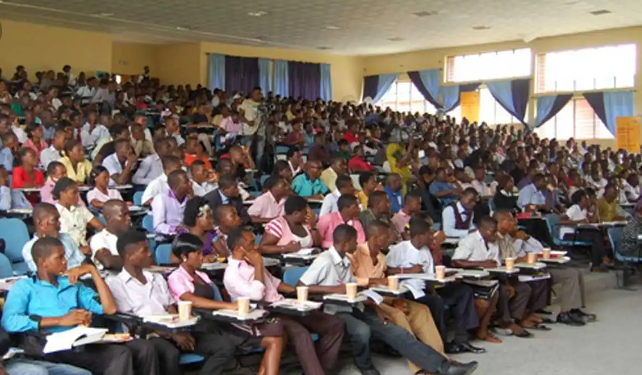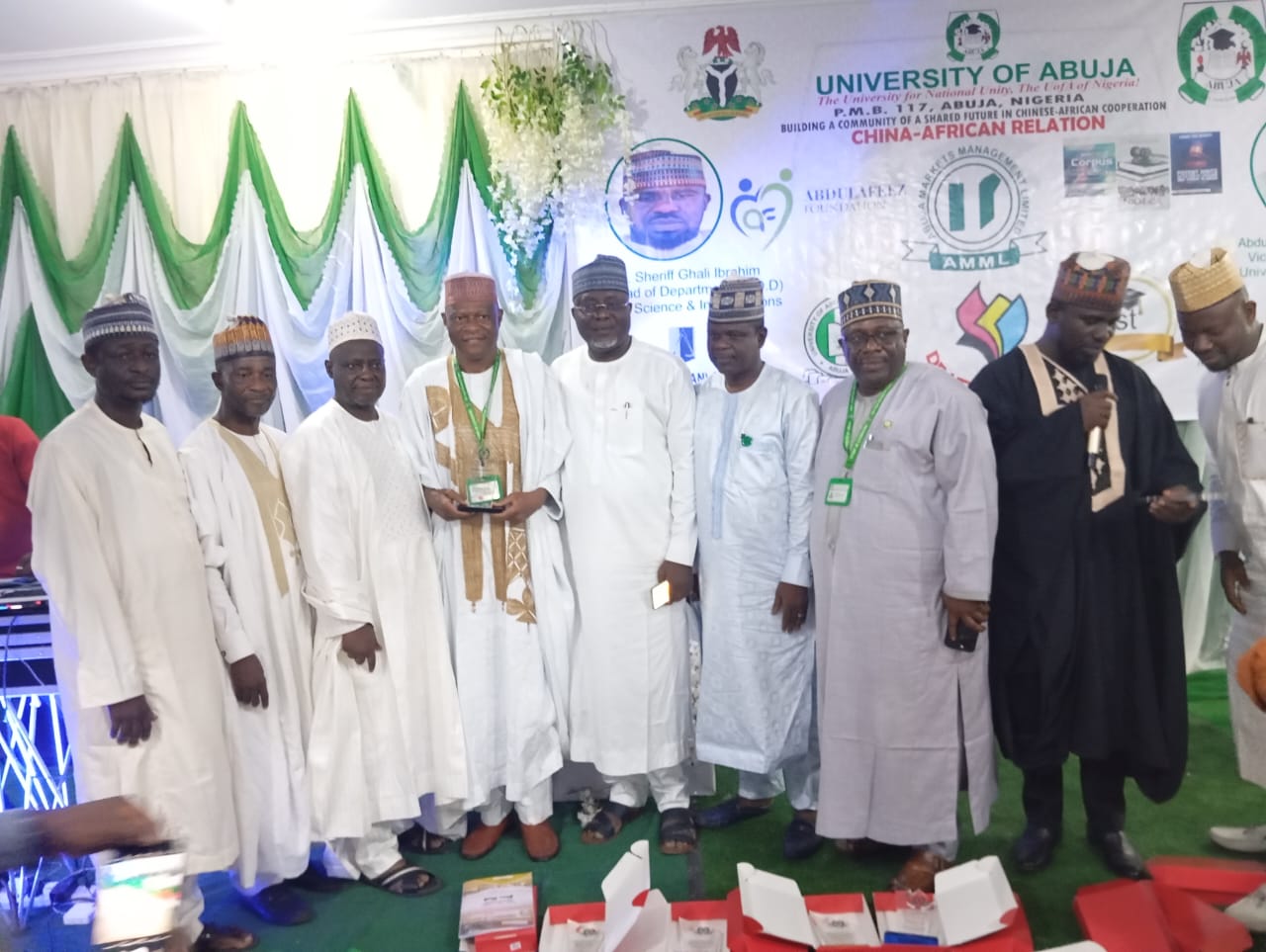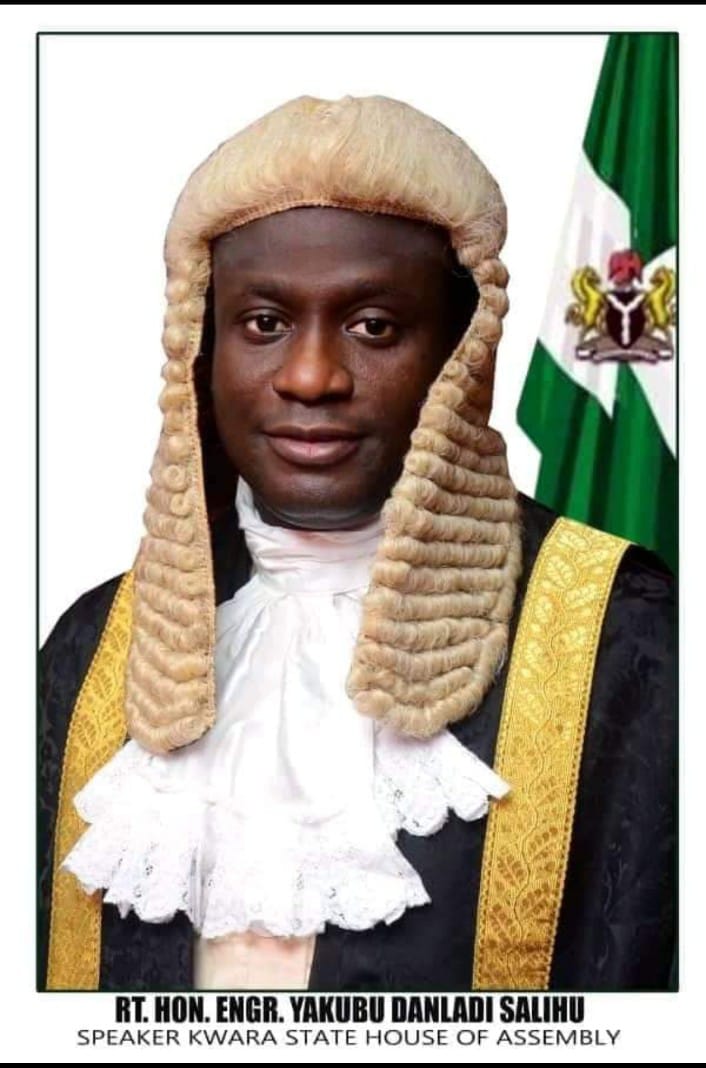It is better not to be in a hurry to applause or criticize elected officials for what they did or did not do in the wee hours of their administration. This will amount to repeating the mistakes of the past. It will also be a display of inability to learn from history, thus, making us bad students of History. Nigerian President and about 28 governors took the Oath of Office a month and few days ago. Since then, it had been one form of hardship giving birth to another. It is obviously not well with Nigerians. But for our resilience, we have learnt to smile while suffering. This is a commendable display of courage and hope in the face of adversity. But Nigerians, since the removal of oil subsidy, have had to face chronic adversity capable of submerging resilience, capable of dissolving courage, and capable of eroding hopes. For the first time, particularly some categories of diligent Nigerians, it pays to stay at home than to go to work. We live in a situation where a worker’s cost of transportation to work is more than their salaries. Such workers find themselves in a dilemma: to go to work or to stay at home. It is suicidal—for one who must go to work to get their daily bread—to stay indoors; and it is insane to go to work when one’s salary is totally consumed by transport fair. This is the condition many Nigerians now find themselves.
Fathoming this reality and a show of concern for the suffering masses perhaps informed the decision of the duo of Kwara and Edo State Governors to come up with 3-day workweek directive. This humane gesture was widely commended and the two governors were celebrated even on this page. However, it is quite unfortunate that the Kwara State Government is rescinding this directive for which he was hailed in less than a month. If this is not a directive somersault, I don’t know what is. Though it is a temporary measure to cushion the effects of hardship imposed on Nigerians from the presidency, it is too short-lived to start talking of its withdrawal. Withdrawal would have been justifiable if the federal government had implemented any of its palliatives that are said to be in the pipeline. We pray many Nigerians would not receive theirs in their graves as the palliatives might likely take eternity to arrive—the pipeline seems to be exceptionally long.
This cold attitude of those in the corridor of power informs skepticism of skeptics, like my humble self, about the ability of elected leaders in Nigeria to address the sufferings of the poor. Is Governor AbdulRazaq not capable of making the Kwarans smile? This is one interpretation of this counter-directive. Or how else does one understand that directive somersault? the major problem of elected officials in Nigeria is the will power—commitment and consistency—to deliver. This is if we assumed there are among them those who actually want to deliver. If Kaduna State or its civil service, did not collapse, having sustained its 4-day workweek for barely two years now, why shouldn’t other states give it a trial in the face of this killing cost of living—particularly cost of transportation—to ameliorate sufferings of ordinary civil servants?
Your Excellency, are you real? Perhaps his Excellency has other palliative packages unknown to the rest of us. While we wait to see if other remedies will be rolled out to assuage the pitied condition of civil servants in Kwara State, let’s discuss the Governor of Taraba State. This is a state I consider one of the most unfortunate in terms of dividends of democracy. Since the dawn of democracy in 1999, the state has been deprived of good leadership. Tarabians could hardly flaunt a single illustrious governor whose administration was so endearing so much as to elicit any positive public judgement.
That said, Governor Agbu Kefas amazingly declared an amazing 50 percent reduction in the school fee of students in Taraba State University. This amazes the general public. For, in a political regime where government is adamantly determined to make tertiary education accessible only to a few privilaged ones, it should be a commendable effort if a governor makes real his promise to subsidize education in his state by half. The question Nigerians are asking is if the 50 percent slash shall be for only indigenes schooling in the State University or for all students irrespective of state of origin. Even if it is only for indigenes, the Governor deserves a standing ovation if he fulfils his promise. If it is indiscriminate—i.e. for all students, the ovation will be louder. But we should ask Governor Kefas if he is real. Your Excellency, are you real?” Are you capable of benefitting the very people who voted you to be their helmsman? Though we have heard him say so, only time will tell if he is real or unreal. If he fulfils his promise, that will be worth emulating for other governors.
We have learnt from experience that no elected president or governor in Nigeria should be trusted or taken seriously for their words and/or promises. While actions are judged according to intention, intention must also be judged according to action. We can say, for instance, that Governor AbdulRazaq have good intention to ameliorate the sufferings of civil servants in Kwara State by introducing 3-day workweek. But has he been able to sustain it to an appreciable extent with his new directive? No. Except, perhaps, there are better plans in the offing. Similarly, some few apologists who struggled and continue to struggle to see iota of goodness in the presidency of the former President Buhari will argue that he (Buhari) had good intention but was surrounded by bad people. “He did not steal a Kobo”, they claim, but he, paradoxically, doesn’t want to be probed. What kind of saint is he?
Are we to judge people according to their intention? This is in the realm of the Divine which is beyond our reach. We can not split people’s hearts to know their intention. We judge people based on their deeds and leave their intention to God. We judge a man who impregnates his neighbor’s wife as an adulterer and leave his “good” intention of assisting her to conceive—due to her husband’s impotency—to God.
Nigerians are becoming wiser and more exposed to the antics of those in power. Hence, in this era of renewed hope, some say renewed hardship and refurbished poverty, no one should feed us with president’s or any governor’s good intention. No one should tell us about their storied integrity and political shrewdness. What we want to see are actions that translate into real benefits to be enjoyed by all. After the removal of oil subsidy, Nigerians were told and are being continuously told to sacrifice for a better future. President Bola Tinubu in his June 12 Democracy Day broadcast asked Nigerians to sacrifice a little more for the survival of the country. He said: “For your trust and belief in us, I assure you that your sacrifice shall not be in vain.” But Your Excellency, are you real? Nigerians are tired of promises and political hope-giving. May we not be disappointed. Enough of these sufferings.
Abdulkadir Salaudeen
salahuddeenabdulkadir@gmail.com



